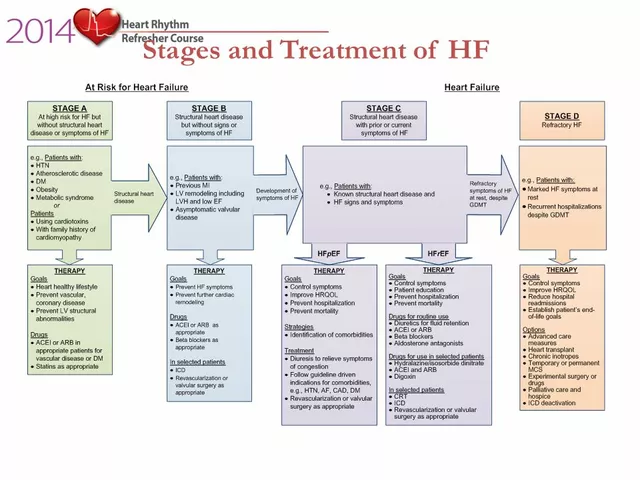Weight Loss Drugs: What Works, What Doesn’t, and What You Need to Know
When people talk about weight loss drugs, prescription medications designed to help people lose weight by affecting appetite, metabolism, or fat absorption. Also known as anti-obesity medications, they’re not magic pills—but for some, they’re a critical tool in managing long-term weight and health. These aren’t the same as over-the-counter supplements that promise quick results. Real weight loss drugs are FDA-approved, backed by clinical data, and meant to be used under medical supervision alongside diet and movement changes.
They work in different ways. Some, like GLP-1 agonists, a class of drugs originally developed for type 2 diabetes that also reduce hunger and slow stomach emptying, help you feel full longer. Others, like appetite suppressants, medications that target brain signals to reduce cravings, make you less interested in food. Then there are drugs that block fat absorption or slightly boost metabolism. Not all work for everyone. What helps one person might do nothing—or cause side effects—for another.
It’s not just about losing pounds. For many, these drugs are tied to better blood sugar control, lower blood pressure, and reduced risk of heart disease. People with obesity and type 2 diabetes, for example, often see their insulin needs drop after starting certain weight loss medications. But they’re not for everyone. If you have certain heart conditions, a history of substance use, or are pregnant, some of these drugs are off-limits. And they’re not a replacement for lifestyle changes—they’re meant to support them.
You’ll also find that many of these drugs are expensive, and insurance doesn’t always cover them. That’s why people look for alternatives, check generic options, or compare them with other treatments. Some switch between meds. Others combine them with supplements or behavioral therapy. The key is knowing what’s safe, what’s effective, and what’s just marketing.
Below, you’ll find real, practical guides on how these drugs interact with other medications, how to take them correctly, what side effects to expect, and how they fit into broader health plans. You’ll see comparisons between options, tips on avoiding mistakes, and advice from people who’ve used them. No fluff. No hype. Just what you need to make smarter choices about your health.

Weight Loss Medications: GLP-1 Agonists vs. Older Drugs
- Date: 13 Jan 2026
- Categories:
- Author: David Griffiths
GLP-1 agonists like Wegovy and Zepbound offer stronger weight loss than older drugs like phentermine or orlistat, but come with higher costs, injections, and side effects. Learn which option fits your needs.

GLP-1 Agonists and Weight Loss: Real Benefits Beyond Blood Sugar Control
- Date: 20 Nov 2025
- Categories:
- Author: David Griffiths
GLP-1 agonists like semaglutide and tirzepatide help people lose significant weight, reduce heart risk, and improve metabolic health-far beyond just controlling blood sugar. Learn how they work, who benefits most, and what the real costs and side effects are.




